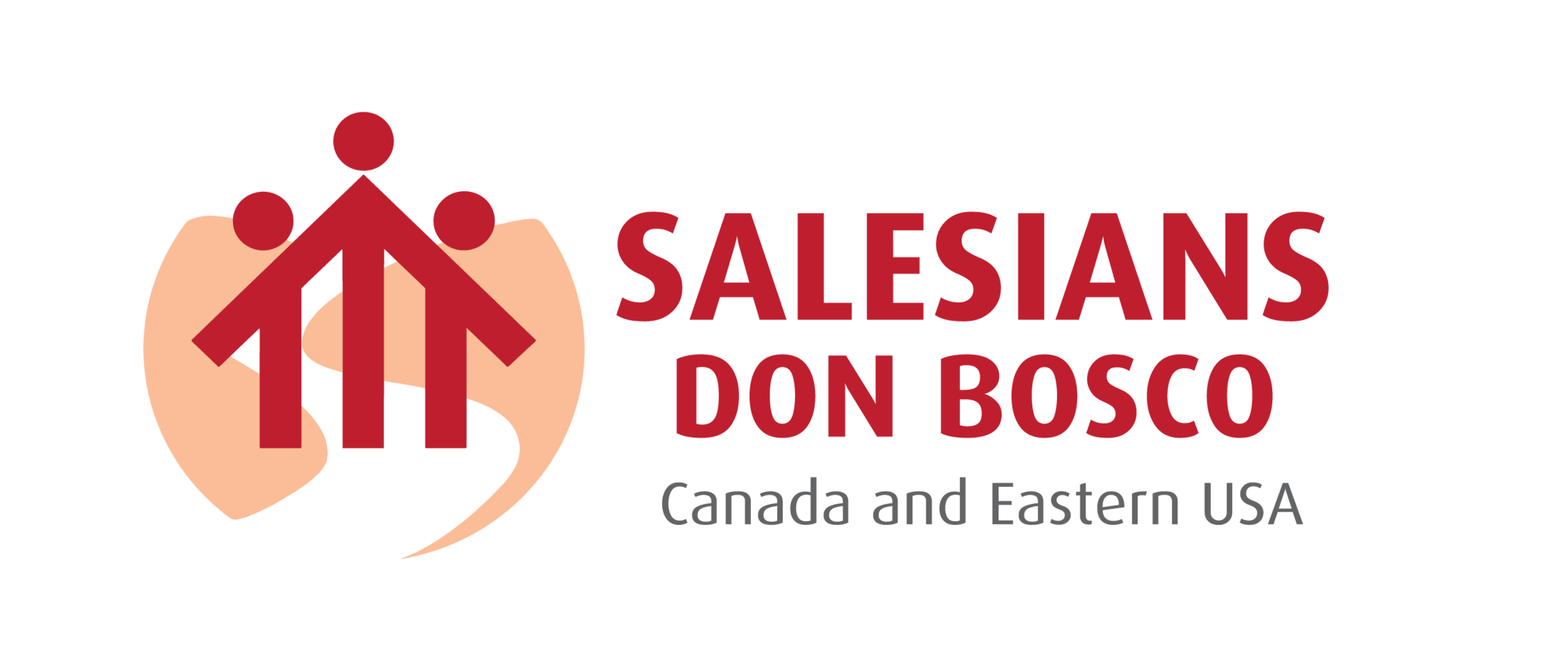
(ANS – Paris – June 25) – A famous board game and two very different bits of information, taken from two very different sites: “Play and lose in Monopoly with friends. Result: 2 dead and 4 wounded.” “Monopoly celebrates 80 years, with real banknotes.” The first title is taken from a satirical site, while the second comes from the web page of the principal French economic-financial daily. But if young people take the information they find on the web without filters, it is a matter of concern.
Here are six navigation tips for young people (and everybody else!):
- Check who is reporting or publishing. One thing is a website of satire, another an information or news site! The second is reliable, while the first publish specifically false news, hoaxes, fake news – in order to amuse and make people laugh. Even when a friend is sharing something on Facebook, always check the source.
- Understand that professionals obey strict rules: they distinguish fact from commentary and never publish information if it has not been thoroughly verified. There are rules, many of them, and they are not used to hide or infer things, but rather to respect readers.
- Know when and how to “pull the plug”: instant news, the multiplication of news channels, radio, TV—everything contributes to generating a whirlwind of information that can cause anxiety. It is, therefore, necessary to know how to set time aside during the day to get information, stay informed, as well as time to pause and ponder, put the information into context.
- Vary news sources. The French consult an average of 15 sources of information to get information every day. Vary and choose yours: do you want a summary of the news in five minutes? Or a thorough investigation on a specific topic? Would you like to find out something for the simple pleasure of knowing or learning more? Or just to travel with pictures? For every circumstance, there is an opportune and appropriate channel.
- Accept that information has a price. Free news sites publish all the same information at the same time. Digging for information, uncovering stories, providing deep analysis, and putting news in perspective all have a cost. If the information is important, why not pay the price as you do for a coffee?
- Understand that to open up to others, you need to be careful with algorithms. Facebook, for example, sees what you like, what your friends like, and constantly offers you the topics you are fond of—at the risk of locking you in a (info) cage.
June 27, 2018 - 2:39pm
Categories:






